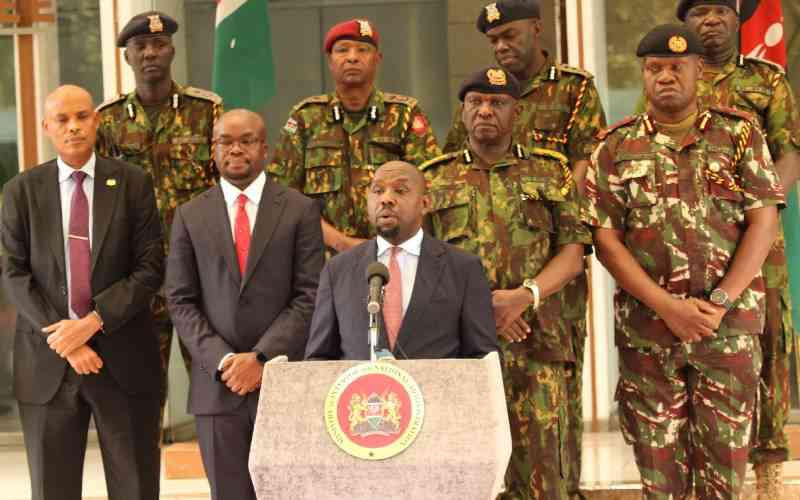Survival crisis stalls insurance uptake
Nigeria’s insurance industry is facing a prolonged slowdown in growth as deteriorating household income and rising inflation continue to suppress demand for coverage.
With food prices soaring, inflation at multi-decade highs and the naira in decline, many Nigerians are deprioritising insurance, viewed as non-essential in favour of immediate needs such as food, transport and shelter.
Industry stakeholders who spoke at the virtual insurance week titled, ‘Insurance for all: Securing Nigeria’s Future’, organised by the Chartered Insurance Institute of Nigeria (CIIN), warned that unless consumer confidence and disposable income levels improve, insurance penetration may continue to lag despite recent efforts to expand coverage.
Amid the pressure, the insurance industry has found its promise undermined by weakened demand and structural instability. Part of the crisis lies in the sweeping economic reforms initiated by President Bola Tinubu’s administration since May 2023. These include fuel subsidy removal and depegged of naira.
While aimed at spurring transparency and fiscal discipline, the reforms triggered acute hardship and a high inflation rate among others. For the insurance sector, the fallout has been immediate. As income shrinks, consumers are prioritising essential needs, leaving risk mitigation tools like individual life or health insurance by the wayside.
Besides, underwriters themselves are under pressure. Inflation and currency devaluation increased claims costs to over N40 billion in claims paid. During the first quarter of 2024, representing a nearly 20 per cent increase year on year.
Combined with high operational expenses, driven by currency weakness, power outages, and poor infrastructure, industry profitability is compressed on multiple fronts.












